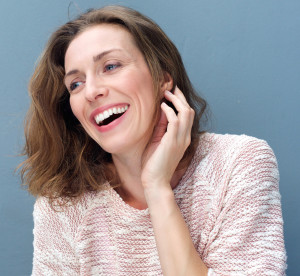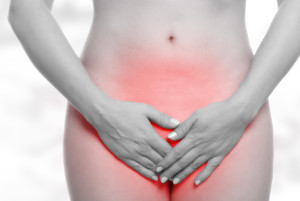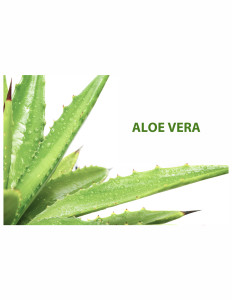When did you last see a TV commercial (except for erectile dysfunction) featuring 50 and 60-something couples in loving, sexual relationships?
The advertising media would have you believe that people over fifty are pretty much “over it” when it comes to sex. They portray people whose lives are focused on taking grandchildren to the park; clipping coupons for early bird dinners; watching TV re-runs of Seinfeld, and spending a lot of time going to five different doctors for those inevitable aches and pains.
Our survey said…
Although hundreds of surveys have been published on sexual behavior after age fifty, there are also studies to show that many people first want to know what is “normal” for others in their age group before they disclose their private bedroom secrets.
“People are often curious about others’ sex lives,” says Debby Herbenick, associate director of the Center for Sexual Health Promotion or CSHP. “They want to know how often men and women in different age groups have sex, the types of sex they engage in, and whether they are enjoying it or experiencing sexual difficulties.”
http://www.nationalsexstudy.indiana.edu
The upside of it all
Although studies show that sex may be less frequent after fifty, there is good news: the environment is more conducive to lovemaking; the kids are out of the nest; there is more freedom; and a far less chance of becoming pregnant.
Barbara Grufferman, AARP TV host and author of Best of Everything After 50 says she and her friends once worried about becoming sexual dropouts.
“We all hated thinking that things were slowing down,” Grufferman writes. “Menopause can sometimes make sex uncomfortable…but just because a woman is post-menopausal, does she automatically lose interest? Forever?”
http://www.bestofeverythingafter50.com/sex-after-50-the-best-youll-ever-have/
Some surprising statistics and helpful info
Here’s some of what Grufferman discovered:
1. The majority of women over 50 are sexually healthy and active. If there are problems connected with menopause such as vaginal dryness, over-the-counter lubricants (such as Aloe Cadabra®) can help. The problem could be resolved overnight!
2. Men want women who want sex. It’s not so much about how a man’s partner looks or how old she is, but if she’s no longer interested in sex, that can be a turnoff for him.
3. Low sex drive is often related to health and physical problems or medications used by the man, not the woman, in a relationship. Several medications prescribed for other health issues can cause “low-T” (low testosterone) and create a domino effect. The man is not stimulated which leads his partner to believe he’s no longer attracted to her.
There were several findings of interest in another survey conducted by Christiane Northrup (AARP relationship expert), Pepper Schwartz, Ph.D. and sociologist James Witte, Ph.D.
1. About a third (31%) of couples (over 50) have sex several times a week; 28 percent of couples have sex a couple of times a month; and 8 percent of couples have sex once a month. 33 percent of respondents said they rarely or never have sex.
2. A huge majority (74 percent) of the happiest couples exchange passionate kisses at least once a week. “Kissing (passionately) bonds partners more deeply,” say the authors.
http://www.aarp.org/home-family/sex-intimacy/info-01-2013/seniors-having-sex-older-couples.html
And the best advice from Barbara Grufferman? Stop worrying about what your friends are doing in their bedrooms and light up your own life.
Copyright © Live Well Brands 2015







